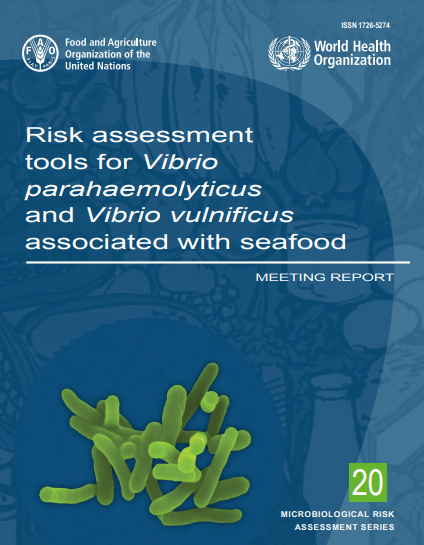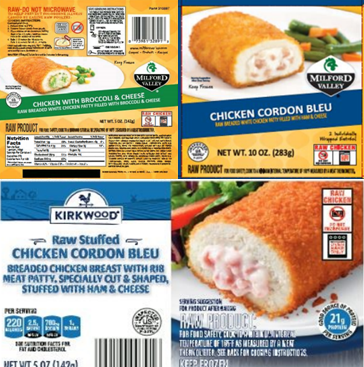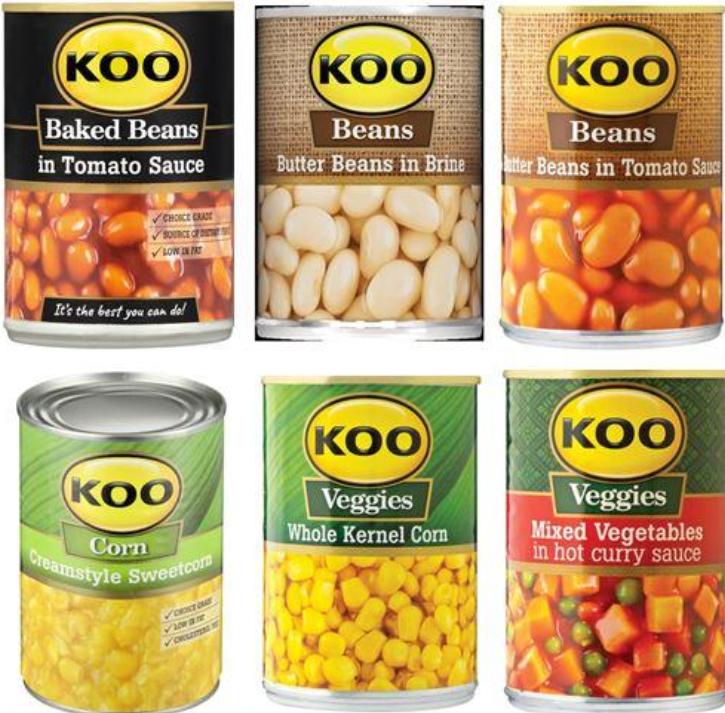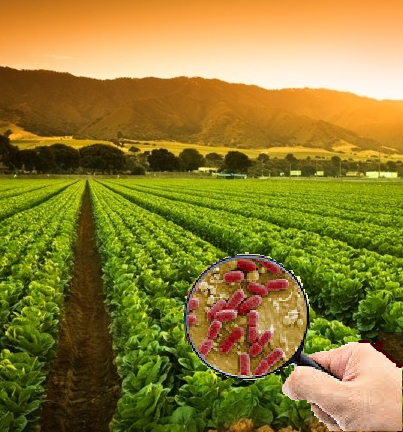The FAO and WHO published a “Review of Risk Assessment Tools for Vibrio,” reporting on an expert meeting held at the Centre for Environment Fisheries and Aquaculture Science (CEFAS) in the United Kingdom in May 2019. The number of Vibrio species being recognized as potential human pathogens is increasing. There have been a series of pandemic outbreaks of V. parahaemolyticus foodborne illnesses due to seafood consumption. The meeting evaluated an existing risk calculator and modifications needed. The development of microbiological monitoring methods, particularly molecular methods for V. parahaemolyticus and V. vulnificus, is evolving rapidly, and the method of choice is not yet ready. A linear relationship between levels of the vibrios in seawater was not found. Several models were found appropriate for estimating growth. If the models are used, there should be a clear understanding of the associated uncertainty. A data gap was found, which needs to be addressed before the risk assessments could be expanded in a meaningful manner. @ https://apps.who.int/iris/handle/10665/330867




